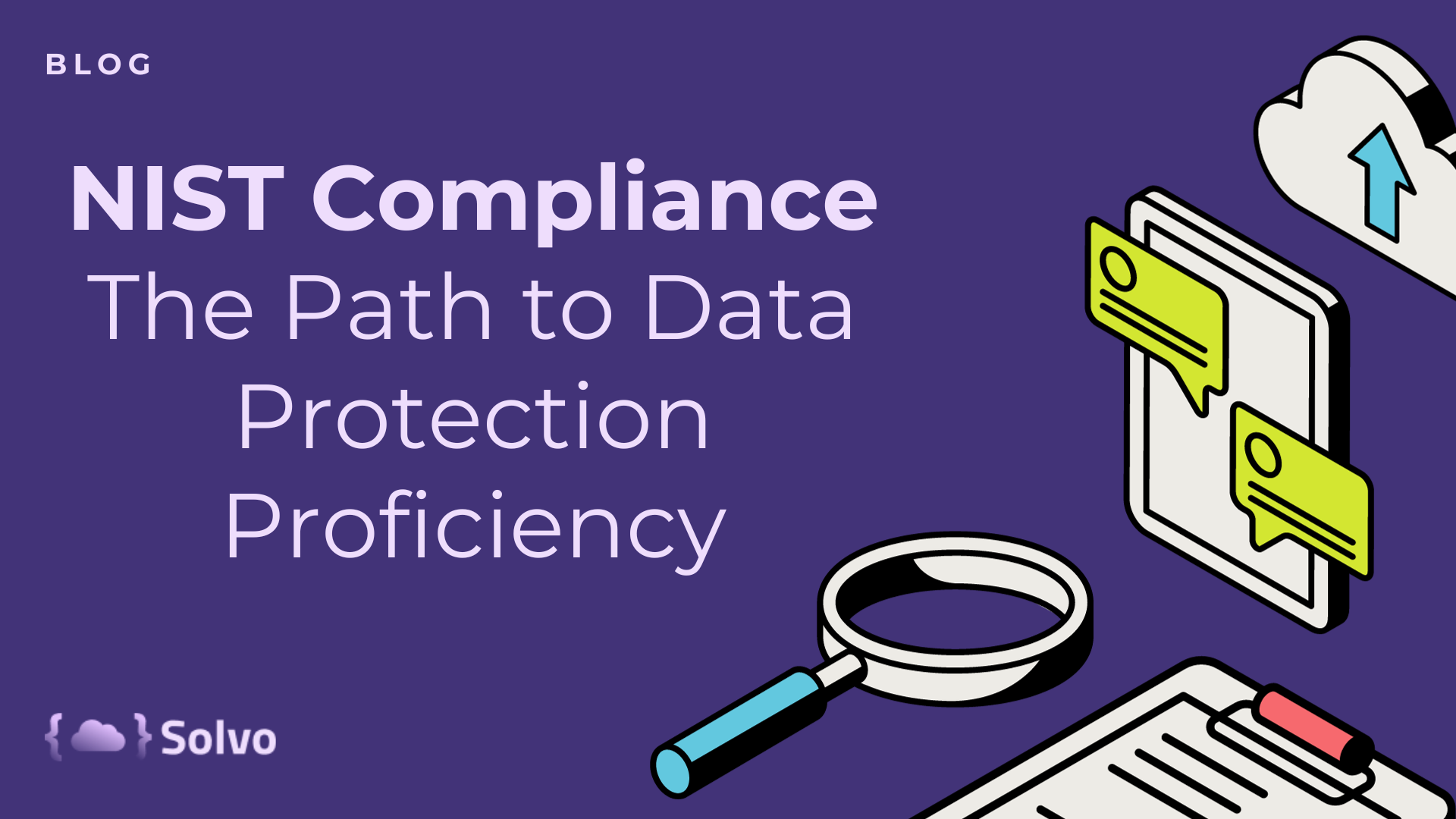In today’s digital landscape, data security is paramount. Organizations handle vast amounts of sensitive information, and ensuring its protection is a top priority. The National Institute of Standards and Technology (NIST) Compliance framework is a critical component in safeguarding sensitive data in the cloud. In this blog post, we will explore what NIST Compliance is, its benefits, how to achieve compliance, and more.
Understanding NIST Compliance
NIST, the National Institute of Standards and Technology, is a federal agency within the United States Department of Commerce. NIST is responsible for developing and promoting measurement standards, and it plays a significant role in shaping cybersecurity guidelines. NIST Compliance refers to adhering to the cybersecurity standards and best practices defined by NIST, particularly in the context of cloud security.
NIST Compliance provides a robust framework for organizations to enhance their cloud security posture. It offers a comprehensive set of guidelines and recommendations that cover various aspects of information security, including risk management, access control, encryption, and incident response. The NIST Cybersecurity Framework, in particular, is widely recognized and adopted as a roadmap for securing digital assets.
The Benefits of NIST Compliance
Enhanced Security:
-
- NIST Compliance equips organizations with structured security guidelines and best practices, continuously updated to tackle emerging threats.
- It promotes risk mitigation by encouraging systematic identification and assessment of potential risks, enabling proactive threat identification.
- NIST emphasizes robust access controls to prevent unauthorized access and data breaches.
- Encryption, a cornerstone of NIST recommendations, safeguards data during transit and at rest.
Regulatory Compliance:
-
- NIST Compliance serves as a foundational framework that harmonizes with various industry-specific regulations and compliance standards, simplifying regulatory compliance.
- It streamlines compliance efforts by providing a comprehensive approach to cybersecurity, reducing duplication of efforts.
- NIST standards’ wide recognition fosters interoperability and collaboration between organizations, regulators, and industry partners.
- Its global applicability facilitates compliance across international jurisdictions.
Improved Risk Management:
-
- NIST’s risk management framework promotes a systematic, proactive approach to risk identification, assessment, and mitigation.
- Organizations can identify potential threats and vulnerabilities through risk assessments, evaluating risks’ likelihood and impact.
- Structured methodologies prioritize risk mitigation, focusing resources on critical threats.
- NIST outlines security controls and measures for risk mitigation, including safeguards, monitoring systems, and incident response plans.
Customer Trust:
-
- Demonstrating NIST Compliance instills confidence in customers.
- Transparency is fostered as organizations commit to and achieve NIST Compliance, signaling a commitment to data security.
- Customers trust organizations with robust security measures, reducing the risk of data breaches.
- NIST Compliance assures customers that organizations meet industry-recognized security standards, vital for handling sensitive customer data.
However, ensuring compliance with a range of information security and privacy regulations, as well as internal policies, can be challenging in cloud-native environments. The rapid pace of changes can lead to unnoticed misconfigurations, risking regulatory compliance violations.
This is where Solvo emerges as a powerful ally in your quest for compliance in cloud-native environments. Solvo’s Compliance Manager offers a comprehensive solution to address these challenges. Let’s explore how Solvo and its compliance support can bolster your organization’s security efforts:
Your Compliance Assurance Partner
Solvo’s Compliance Manager enables you to easily establish compliance benchmarks for various frameworks, including NIST, HIPAA, PCI-DSS, GDPR, CCPA, and more. This simplifies compliance management by aligning your cloud security practices with specific regulatory requirements.
Custom Policies and Rules with OPA
Solvo goes a step further by supporting the creation of custom policies and rules using Open Policy Agent (OPA) and the flexible Rego language. OPA facilitates policy specification as code, especially valuable in modern cloud-native environments. By integrating OPA into Solvo, organizations can efficiently create and enforce rules that would otherwise demand substantial development efforts. This flexibility empowers organizations to tailor security policies to their unique needs and adapt them as their cloud environment evolves.
Automated Compliance Risk Identification and Remediation
Solvo’s platform automatically identifies and remediates compliance risks stemming from cloud misconfigurations defined within OPA. This proactive approach ensures potential issues are detected and resolved before they lead to costly compliance breaches.
